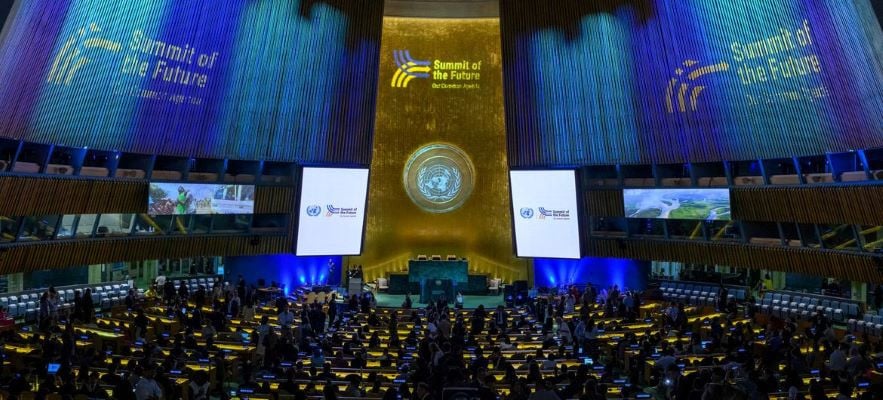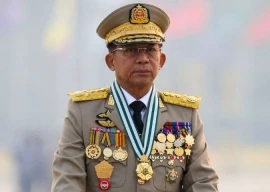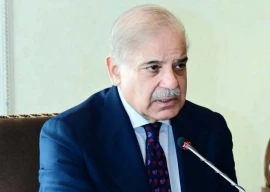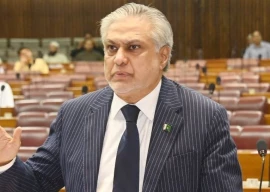
The United Nations General Assembly adopted a "Pact for the Future" on Sunday, which UN. Secretary-General Antonio Guterres described as a landmark agreement that is a "step-change towards more effective, inclusive, networked multilateralism."
The pact, , which also includes an annex on working toward a responsible and sustainable digital future, was adopted without a vote at the start of a two-day Summit of the Future. The agreement came after some nine months of negotiations.
"We are here to bring multilateralism back from the brink," Guterres told the summit.
Why it is important
Guterres long-pushed for the summit and the pact, which covers themes including peace and security, global governance, sustainable development, climate change, digital cooperation, human rights, gender, youth and future generations. It lays out some 56 broad actions that countries pledged to achieve.
Key quotes from the Pact for the future
"We recognize that the multilateral system and its institutions, with the United Nations and its Charter at the centre, must be strengthened to keep pace with a changing world. They must be fit for the present and the future – effective and capable, prepared for the future, just, democratic, equitable and representative of today's world, inclusive, interconnected and financially stable.
"Today, we pledge a new beginning in multilateralism. The actions in this Pact aim to ensure that the United Nations and other key multilateral institutions can deliver a better future for people and planet, enabling us to fulfil our existing commitments while rising to new and emerging challenges and opportunities."
Context
Global crises have spotlighted the need for UN reform and overhauling international financial systems. These challenges include ongoing wars in Ukraine, Gaza, and Sudan; lagging climate change mitigation efforts; widespread national debt issues; and concerns over technology advancing without governance.
Russia's Deputy Foreign Affairs Minister Sergey Vershinin criticized the negotiations and adopting the pact.
Russia failed in its bid to include an amendment - backed by North Korea, Syria, Nicaragua, Belarus and Iran - that would have spelled out that "the United Nations and its system shall not intervene in matters which are essentially within the domestic jurisdiction of any state."
1718122402-0/will-ferrel-(1)1718122402-0-405x300.webp)


1726819153-0/BeFunky-collage-(18)1726819153-0-165x106.webp)


1697447887-0/download-(1)1697447887-0-270x192.webp)







1723969633-0/BeFunky-collage]_____-(5)1723969633-0-270x192.webp)






COMMENTS
Comments are moderated and generally will be posted if they are on-topic and not abusive.
For more information, please see our Comments FAQ